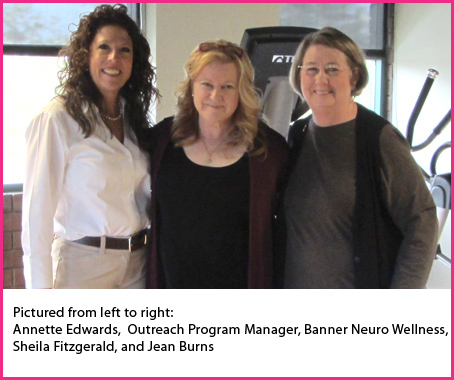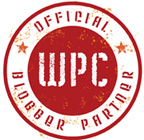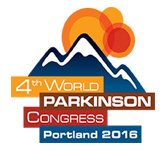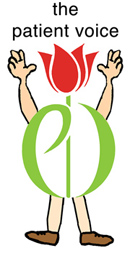You can make a difference |
|
by Sheryl Jedlinski The new Banner Neuro Wellness in downtown Gilbert, AZ, is a testament to how Ryan Fitzgerald lived his short life and inspired those closest to him to live theirs. If you don’t believe that you, as one person, can make a positive difference in the world, consider the impact Ryan continues to have years after he passed on. “Ryan taught us about ‘giving back’ in gratitude for all we have been given,” says his mother, Sheila. “He challenged us to think about what we could do to make the world a better place.” That challenge became the catalyst for the neuro wellness facility, which opened in January 2012, after two years in the planning. Sheila and her husband, Alan, offered Banner Health half a million dollars if they put up the remainder necessary to build a wellness facility in Gilbert for people with Parkinson’s. “We were told ‘no’ so many times by so many people, but we never let that discourage us,” Sheila recalls. “I kept coming back until I finally wore them down.” Who would believe it could be that difficult to give away so much money! Sheila, who herself has Parkinson’s, envisioned a place where others sharing her journey could come in shaking and twisting and know that no one would look twice at them, or make them feel embarrassed by their situation; a place where PWP and their families could socialize, develop a sense of community, and ultimately improve their quality of life. The facility is all of this and more, already attracting 75 – 100 “regulars” for a wide variety of fitness and enrichment classes. Friday morning coffees have turned into support groups averaging about 40 participants. That’s a big pot of coffee. The facility is the second of the Fitzgeralds’ successful, large-scale philanthropic projects. The first is Meds Connection, a program that provides funds when financial need threatens to block PWP from obtaining the costly drugs that keep them moving. The idea came from Sheila’s recollection of one of Ryan’s off the cuff fantasies that if he had a pot of gold, he “would buy medicine for Parkinson’s patients who couldn’t afford to buy their own.” |

“Ryan’s death was so painful and mind-boggling, that to this day I still wake up and am stunned he is gone,” Sheila says. “I had to find ways to keep a part of him alive.” And Meds Connection is doing just that. The program has touched so many lives since its inception in 2009, that last Christmas, Banner presented Sheila with an origami garland of 300 doves. Written on each one was the name of a person helped through Meds Connection. “They say God doesn’t give us more than we can handle,” Sheila says. “I just wish he didn’t have so much faith in me.”
|
 |
|
| top | |
email us directly at: Sheryl@pdplan4life.com (c) 2015 PDPlan LLC All Rights Reserved Without express written consent, this material may only be used for your own personal and noncommercial uses which do not harm the reputation of PDPlan LLC, provided that you do not remove any copyright. To request permission to reproduce, please contact PDPlan LLC at Sheryl@pdplan4life.com |
 |
 |


